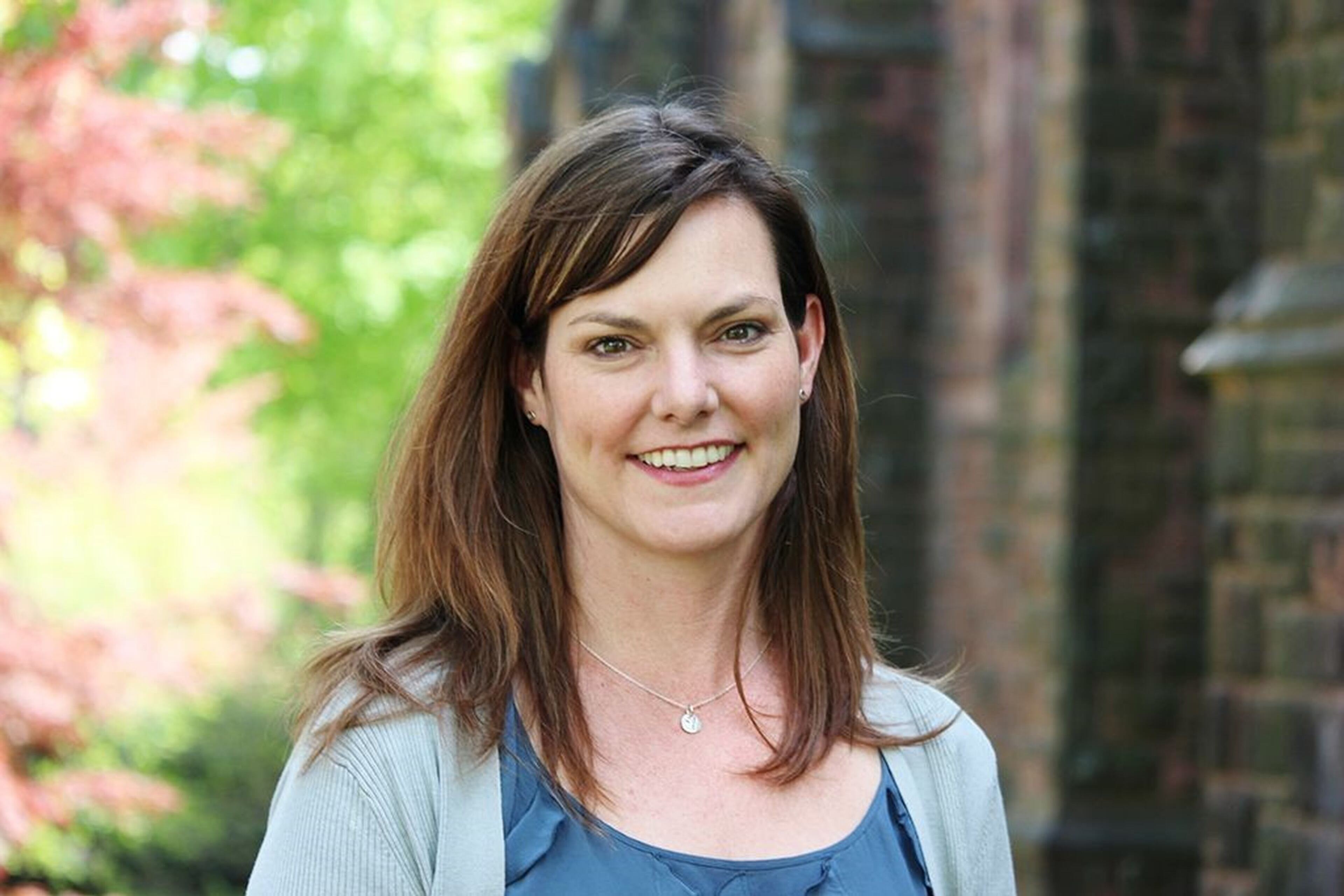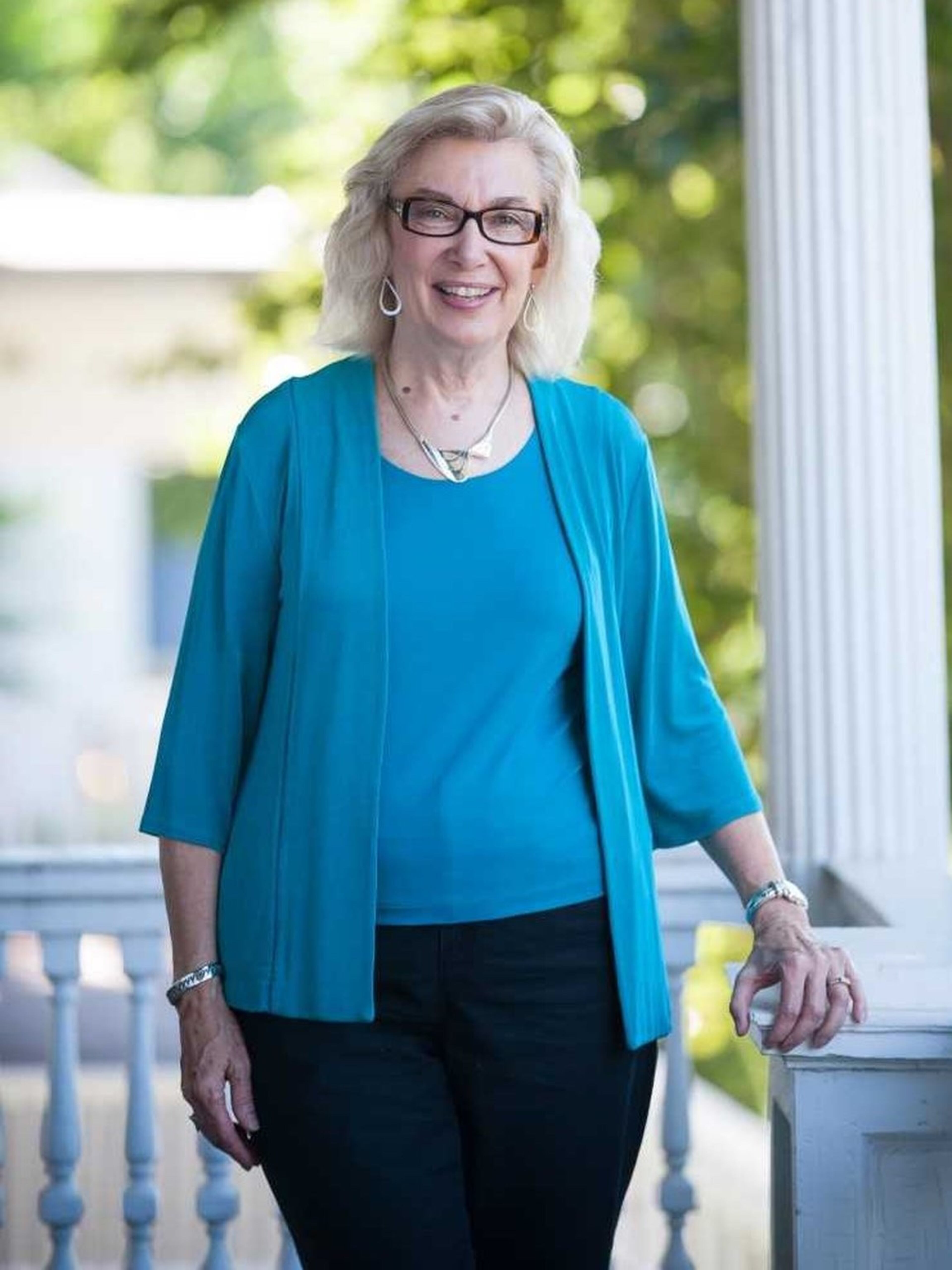Does the use of gender-neutral words help promote gender equality?

Since reading about the Berkeley City Council's vote to replace more than two dozen terms used in the city's municipal code with gender-neutral words, I've been trying to remember a time when I felt words like chairman or manpower or fireman made me feel less than or excluded.
I can’t. That could be my way of dealing with the pain that one might feel, but I don’t think so. I do think this California city council just made, excuse the cliché, a mountain out of a molehill.
If you haven’t heard, the city’s municipal code will no longer feature words like “manhole” and “manpower.” It will use instead “maintenance hole” and “human effort” or “workforce.” Gender-specific references to job titles, like “policeman” and “craftsmen,” will also be changed in the code, to “police officer” and “craftspeople” or “artisans.” “Sorority” and “fraternity” would change to “collegiate Greek system residence.” And the use of gendered pronouns, like “he” and “she,” would be replaced with specific titles, like “the attorney” or “the candidate.”
The measure passed unanimously.
I was surprised but then I remembered similar stories out of New York, where the city has added a gender-neutral option to birth certificates, and the decision by the Boy Scouts to drop "Boy" from its flagship program.
I raised an eyebrow even then, but Elizabeth Markovits, a professor of political science who has worked to promote the use of gender-inclusive language at Mount Holyoke College, reminded me that my experiences aren’t the only ones that count here.

“I urge folks to look at the result on our society, rather than their own experience,” she said.
>> RELATED: Georgia ranks among worst states in America for women’s equality (again)
Point taken but even knowing the power of words, I don’t get how this matters when it comes to gender equity.
Markovits, on the other hand, believes gendered words help explain why gender inequality persists, why more of us think moms should stay home with young kids rather than dads and why Congress is composed overwhelmingly of men.
Can using gender-neutral words instead change the way we see each other?
Markovits doesn’t think they are the answer, but she is convinced it plays a role.
“The language we use to describe the world also shapes it, helping to form our own ideas of what feels right and wrong, how the world should be, how it really is,” she said. “If you only ever hear of ‘Mommy and Me’ baby yoga classes or first responders as ‘firemen,’ you get a certain picture of the world: A dad would seem absurd at Mommy and Me class — or at least a funny or praise-worthy addition. Definitely out-of-the-ordinary. And a woman in the firehouse is likewise remarkable and causes us to do a double take because this language is so embedded in us and shapes how we see the world.”
Markovits said that gendered language helps create a world where women are seen as naturally suited … to the task of parenting, and less fit for physically demanding jobs or political leadership. This leads to the division of all sorts of things from housework and child care to income inequality and glass ceilings. So tackling this where we can — in our local political life and everyday speech — is one tiny piece of moving us closer to equality.
A lot of people agree.

For sure, Berkeley isn’t the first city to give its municipal codes a linguistic cleansing, said Fern Johnson, a senior research scholar of English at Clark University in Worcester, Massachusetts. Albuquerque, Detroit, Memphis, Minneapolis, New York and Seattle have all made language less gender-specific, but these changes are usually incremental and happen without much fanfare, she said.
>> RELATED: Let’s consider how labels can hurt
Back in 1990, Johnson said, for instance, Sacramento officially changed “manhole” to “maintenance hole” (Berkeley’s chosen term), and it’s not uncommon today to see terms such as “service hole,” “utility hole” and “access chamber.”
There are also cities other than Berkeley where language changes have been adopted, but these haven’t made the national headlines.
“Rarely are they voted on more widely, as when Philadelphia residents passed a ballot measure in May that made the term ‘councilmember’ official,” Johnson said, adding the broader context for these changes is evident everywhere.
“It’s hard to find a publishing house that does not have guidelines for gender-inclusive language, and journalistic style manuals have changed, too,” Johnson said. “This is because language changes in tandem with changes in society. The words and phrases we use and the manner in which we express ourselves all take in what’s happening in society. We’ve seen this in references to racial groups, ability differences, and gender more broadly. Terms such as ‘Latinx,’ ‘differently abled’ and ‘transgender’ were simply not part of the lexicon until recently, nor were the now infamous LOL-type expressions.”
Are there naysayers?
Sure. Social change always draws detractors.

“Some object because they do not see language as important or they think it’s somehow cemented in tradition,” Johnson said. “Even a short history of language usage shows contrasts from one time to another. My grandmother at my own age would have been termed ‘an old lady’ and ‘elderly’ but definitely not a ‘senior citizen.’ “Many of my own schoolmates in the early 1960s were ‘Negroes.’ Not today.”
The only thing that seems for sure is the ways in which we use language are constantly evolving with social changes, and that includes vocabulary.
Johnson said gender-neutral language is quickly becoming the norm. So much so when a person or organization uses male-laden forms, it sticks out like a sore thumb as it screams of sexism.
That’s news to me.
Find Gracie on Facebook (www.facebook.com/graciestaplesajc/) and Twitter (@GStaples_AJC) or email her at gstaples@ajc.com.


